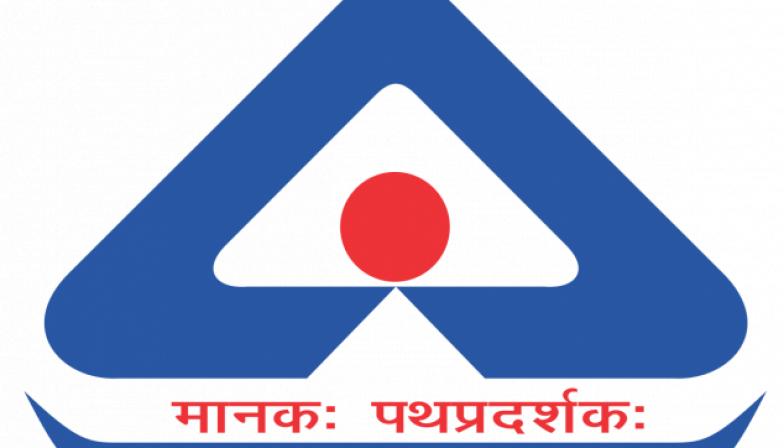Participants in the Indian steel market expressed concern about the recent notification of the Ministry of Steel, urging local steelmakers to obtain a quality certificate from the Bureau of Indian Standards for all types of steel products, since secondary steel producers may find it difficult to comply with BIS requirements. Of the 140 standards for BIS metal products, about 53 categories were mandated to receive a BIS certificate for production and sale. The Ministry of Steel has asked local manufacturers to voluntarily purchase BIS certificates for the other categories.
The notice will particularly affect manufacturers who produce steel by melting steel scrap or using sponge iron as a raw material in an induction furnace. In 2017, China eliminated production capacity of 140 million tons / year of induction furnace, as it did not meet environmental standards and product quality standards, but about 30% of all steel in India is produced along the route of the induction furnace.
The total crude steel production in India in the period from April 2018 to March 2019 increased by 3.3% compared with the same period last year and amounted to 106.5 million tons.
Mr. Dipendra Kashiva, executive director of the Sponge Iron Manufacturers Association, said that “steel producers based on induction furnaces are unlikely to receive BIS certificates because of the large amount of phosphorus contained in local raw materials, which affects the durability of the finished steel product.”
Steelmaking technologies used in induction furnaces are not capable of reducing the phosphorus content in raw materials. It is expected that the transition to more advanced technology will cost from 1,200 to 1,500 rupees per tonne, which may affect the small profits of these steel producers. most of which are smaller than integrated producers that use the domain path for steel production and tend to have much higher profit margins.
Tata, JSW, Essar, Jindal Steel, Sail and RINL’s six integrated steel companies can easily meet BIS standards for their entire product range, since the use of converters in steel production in a blast furnace reduces phosphorus levels in finished steel. , increasing its durability.
Quality certificates have been applied over the past few years, mainly as a non-tariff barrier to imports, with the exception of deliveries from abroad.



